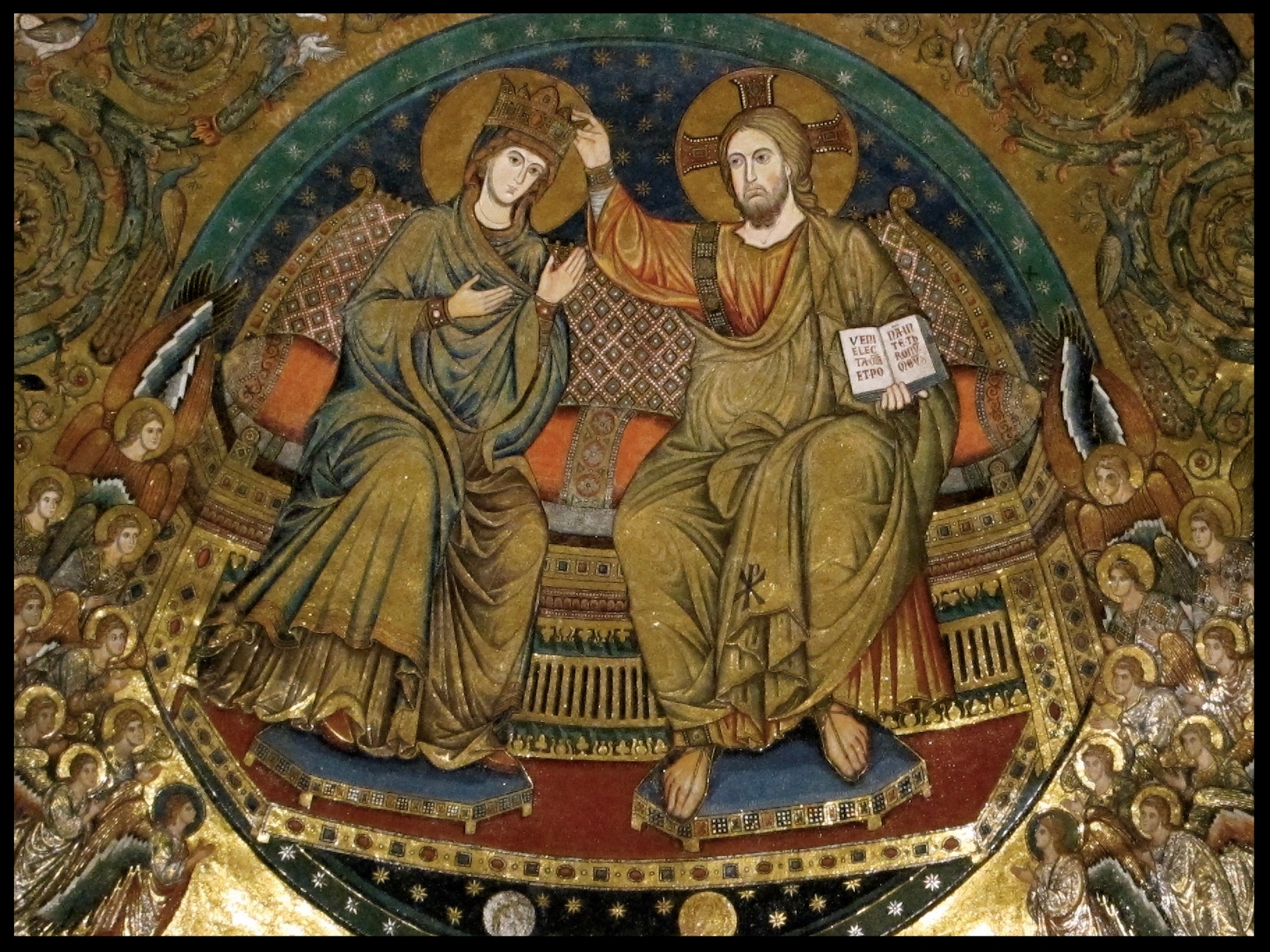Down through the centuries, Prophets have invariably been despised because of their courage to speak uncomfortable and inconvenient truths.
I have always been profoundly moved by the life, ministry and death of the latter-day prophet and martyr, Archbishop Oscar Romero. Archbishop Romero was the chief shepherd in El Salvador in the 1970’s, during one of the most turbulent periods in his nation’s history. During a period of unprecedented suppression of human rights and disregard for social justice by the government, Romero became the prophetic spokesperson for the poor and the marginalized. He was unafraid to speak truth to power, to confront government officials who were oblivious to human rights and were corrupted by their thirst for dictatorial power. In a profoundly moving speech he gave on February 2, 1980, at the Catholic University of Louvain in Belgium, Romero boldly spoke of the persecution of the Church that was taking place in El Salvador and the root cause for it:
In less than three years, more than fifty priests have been attacked, threatened, calumniated. Six are already martyrs--they were murdered. Some have been tortured and others expelled [from the country]. Nuns have also been persecuted. The archdiocesan radio station and educational institutions that are Catholic or of a Christian inspiration have been attacked, threatened, intimidated, even bombed. Several parish communities have been raided. If all this has happened to persons who are the most evident representatives of the Church, you can guess what has happened to ordinary Christians, to the campesinos, catechists, lay ministers, and to the ecclesial base communities. There have been threats, arrests, tortures, murders, numbering in the hundreds and thousands....
But it is important to note why [the Church] has been persecuted. Not any and every priest has been persecuted, not any and every institution has been attacked. That part of the church has been attacked and persecuted that put itself on the side of the people and went to the people's defense. Here again we find the same key to understanding the persecution of the church: the poor.
Such words of stinging truth would single Romero out as a marked man. And so, the following month, on March 24th, while celebrating Mass in the small chapel of the Hospital of Divine Providence in San Salvador, he was gunned down at the altar of sacrifice – a martyr to the truth of the Gospel and all who hunger for the freedom and dignity of all God’s beloved children.
Indeed, down through the centuries, Prophets have invariably been despised because of their courage to speak uncomfortable and inconvenient truths.
Friends, God’s challenging words to us in Holy Scripture, once again is a call to rouse us from whatever complacency may be lulling us into living a faith of comfort, convenience and ‘cheap’ grace, into becoming prophetic Christians who are willing to confront the powers of this world with the inconvenient truth of God’s liberating mercy for all his children, especially, the poor and marginalized of our world, our society and our country.
This past week, the PBS series, Frontline, in a special segment entitled, Exodus, presented a comprehensive and dramatic overview to the plight of refugees from all parts of our torn world who are seeking a better life in Europe and the United States. It was shocking to see how so many countries that historically had been bastions of the Christian ethic, beginning to close their doors to many of these men, women and families who are fleeing worn torn lands or persecution because of their religious beliefs or political convictions. It is even more disheartening to witness such experiences in our own land whose striking symbol of Lady Liberty has beckoned countless generations of ‘hungry, homeless and tempest tossed’ to the freedom of our teeming shores.
It is precisely to the demonic of self-serving nationalism, racism and xenophobia that Christians are called to hear, once again, our call to be that prophetic voice calling our sisters and brothers to be attentive to the better angels of our nature. At the heart of that prophetic call is the good news that God’s mercy and love know no boundaries or walls, that our solidarity as God’s beloved children calls us to ‘shelter the homeless and the widow, give food to the hungry, clothe the naked and welcome the stranger.’
Indeed, down through the centuries, Prophets have invariably been despised because of their courage to speak uncomfortable and inconvenient truths. Let us pray for that grace this day and every day of our lives.














